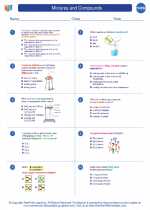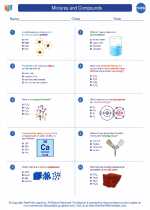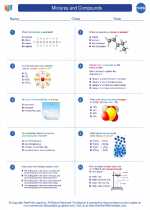Protista
The Protista kingdom is a diverse group of eukaryotic microorganisms that are not plants, animals, or fungi. They are primarily single-celled organisms, although some are multicellular. Protists can be found in various aquatic and terrestrial environments, and they play important roles in ecosystems as producers, consumers, and decomposers.
Characteristics of Protists
- Eukaryotic: Protists have cells with a defined nucleus and other membrane-bound organelles.
- Diverse: Protists exhibit a wide range of forms, from amoebas to algae to ciliates.
- Reproduction: Some protists reproduce asexually through binary fission, while others undergo sexual reproduction.
- Motility: Many protists are capable of locomotion through structures like flagella, cilia, or pseudopodia.
Major Groups of Protists
Protists are typically divided into several major groups:
- Protozoa: These are animal-like protists that are primarily unicellular and heterotrophic. Examples include amoebas, paramecia, and trypanosomes.
- Algae: These are plant-like protists that can be unicellular or multicellular. They are photosynthetic and are important producers in aquatic ecosystems. Examples include diatoms, green algae, and red algae.
- Slime Molds: These are fungus-like protists that can exist as single cells, colonies, or multicellular organisms. They play a role in decomposition and nutrient cycling.
Ecological and Economic Importance
Protists have significant ecological and economic importance:
- Primary Producers: Photosynthetic protists form the base of many aquatic food chains, providing food for various organisms.
- Human Health: Some protists can cause diseases in humans, such as malaria (Plasmodium) and giardiasis (Giardia).
- Biotechnology: Certain protists are used in biotechnological applications, such as the production of algal biofuels and pharmaceutical compounds.
Study Tips
When studying protists, consider the following tips:
- Use visual aids, such as diagrams and illustrations, to understand the diverse forms of protists.
- Learn about the life cycles and ecological roles of representative protists from each major group.
- Understand the significance of protists in nutrient cycling, food webs, and human health.
[Protista] Related Worksheets and Study Guides:
.◂Chemistry Worksheets and Study Guides High School. Mixtures and Compounds
Worksheet/Answer key Mixtures and Compounds
Mixtures and Compounds  Worksheet/Answer key
Worksheet/Answer key Mixtures and Compounds
Mixtures and Compounds  Worksheet/Answer key
Worksheet/Answer key Mixtures and Compounds
Mixtures and Compounds 

 Worksheet/Answer key
Worksheet/Answer key
 Worksheet/Answer key
Worksheet/Answer key

The resources above cover the following skills:
Chemistry II
Properties of Matter
Develop and use models to explain the differences between chemical compounds using patterns as a method for identification.
Use mathematical representations to quantify matter through the analysis of patterns in chemical compounds.